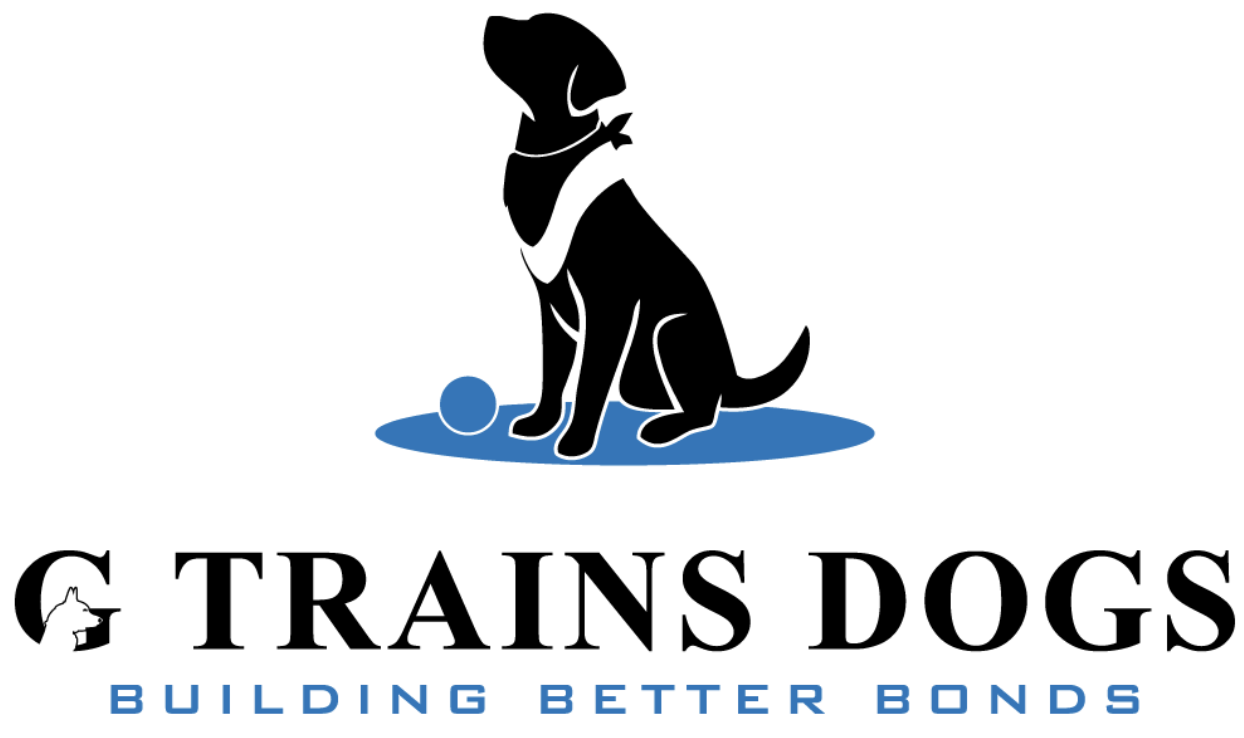What are Some Healthy Foods and Snacks for My Dog?
Looking for some healthy snacks to supplement your dog’s food or give them as treats? We recommend consulting with your vet or the American Kennel Club for the latest data before drastically changing your pets diet, but here are a few of our favorite, tried and true recommendations:
Cashews
Yes, dogs can eat cashews. Cashews are OK for dogs, but only a few at a time. They’ve got calcium, magnesium, antioxidants, and proteins, but while these nuts contain less fat than others, too many can lead to weight gain and other fat-related conditions. A few cashews make a nice treat, but only if they’re unsalted.
Corn
Yes, dogs can eat corn. Corn is one of the most common ingredients in most dog foods. However, the cob can be hard for a dog to digest and may cause an intestinal blockage, so if you’re sharing some corn, make sure it is off the cob.
Eggs
Yes, dogs can eat eggs. Eggs are safe for dogs as long as they are fully cooked. Cooked eggs are a wonderful source of protein and can help an upset stomach. However, eating raw egg whites can contribute to biotin deficiency, so be sure to cook the eggs all the way through before giving them to your pet.
Fish
Yes, dogs can eat fish. Fish contain good fats and amino acids, giving your dog a nice health boost. Salmon and sardines are especially beneficial — salmon because it’s loaded with vitamins and protein, and sardines because they have soft, digestible bones for extra calcium. With the exception of sardines, be sure to pick out all the tiny bones, which can be tedious but is definitely necessary. Never feed your dog uncooked or undercooked fish, only fully cooked and cooled, and limit your dog’s fish intake to no more than twice a week.
Honey
Yes, dogs can eat honey. Honey is packed with countless nutrients such as vitamins A, B, C, D, E, and K, potassium, calcium, magnesium, copper, and antioxidants. Feeding dogs small amounts of honey can help with allergies because it introduces small amounts of pollen to their systems, building up immunity to allergens in your area. In addition to consuming honey, the sticky spread can also be used as a topical treatment for burns and superficial cuts.
Peanut butter
Yes, peanut butter is OK for dogs. Peanut butter can be an excellent source of protein for dogs. It contains heart-healthy fats, vitamins B and E and niacin. Raw, unsalted peanut butter is the healthiest option. Read the label carefully to be sure the peanut butter does not contain xylitol, a sugar substitute that can be toxic to dogs (https://www.akc.org/expert-advice/health/dangers-of-xylitol/).
Salmon
Yes, dogs can eat salmon. As mentioned above, fully cooked salmon is an excellent source of protein, good fats, and amino acids. It promotes joint and brain health and gives dog-immune systems a nice boost. However, raw or undercooked salmon contains parasites that can make dogs very sick, causing vomiting, diarrhea, dehydration, and, in extreme cases, even death. Be sure to cook salmon all the way through (the FDA recommends at least 145 degrees Fahrenheit) and the parasites should cook out.
Yogurt
Yes, yogurt is OK for dogs. Plain yogurt is a perfectly acceptable snack for dogs. However, some dogs may have trouble digesting dairy products. If your dog can digest it, the active bacteria in yogurt can help strengthen the digestive system with probiotics.
Plain yogurt is the best choice. Avoid any yogurts with added sugar, and skip all yogurt with artificial sweeteners.
Wheat/grains
Dogs can definitely eat wheat and other grains.
Dogs do not have to be grain-free; it is perfectly OK for them to have grains. In fact, grains like wheat and corn are great sources of protein, essential fatty acids, and fiber. If your dog has certain allergies, however, it might be best to avoid grains, but it truly depends on your dog. Ask your veterinarian for recommendations.
Conclusion
All above information was retrieved from the American Kennel Club website. Always be sure to consult with your veterinarian before starting a weight loss plan for your pet, or before adding new snacks to their diet to ensure that they will be appropriate for your pet. If you’re in the St. Louis area and looking for some ways to burn your dog’s energy or improve unwanted behaviors — contact G Trains Dogs today!
